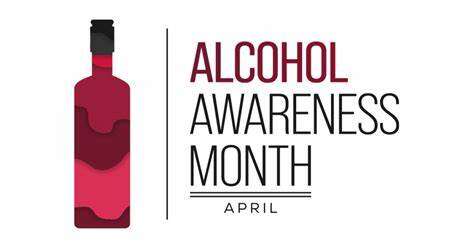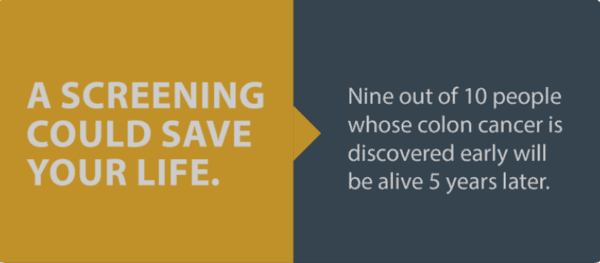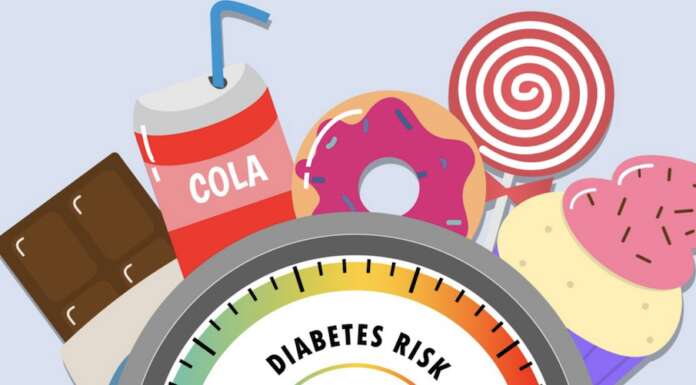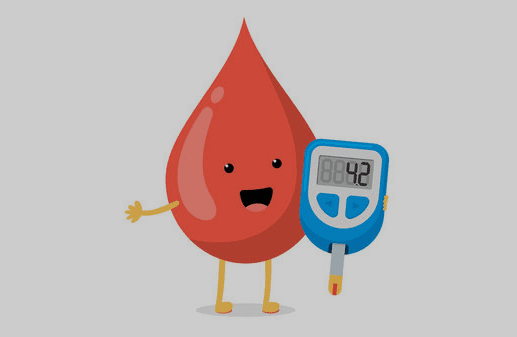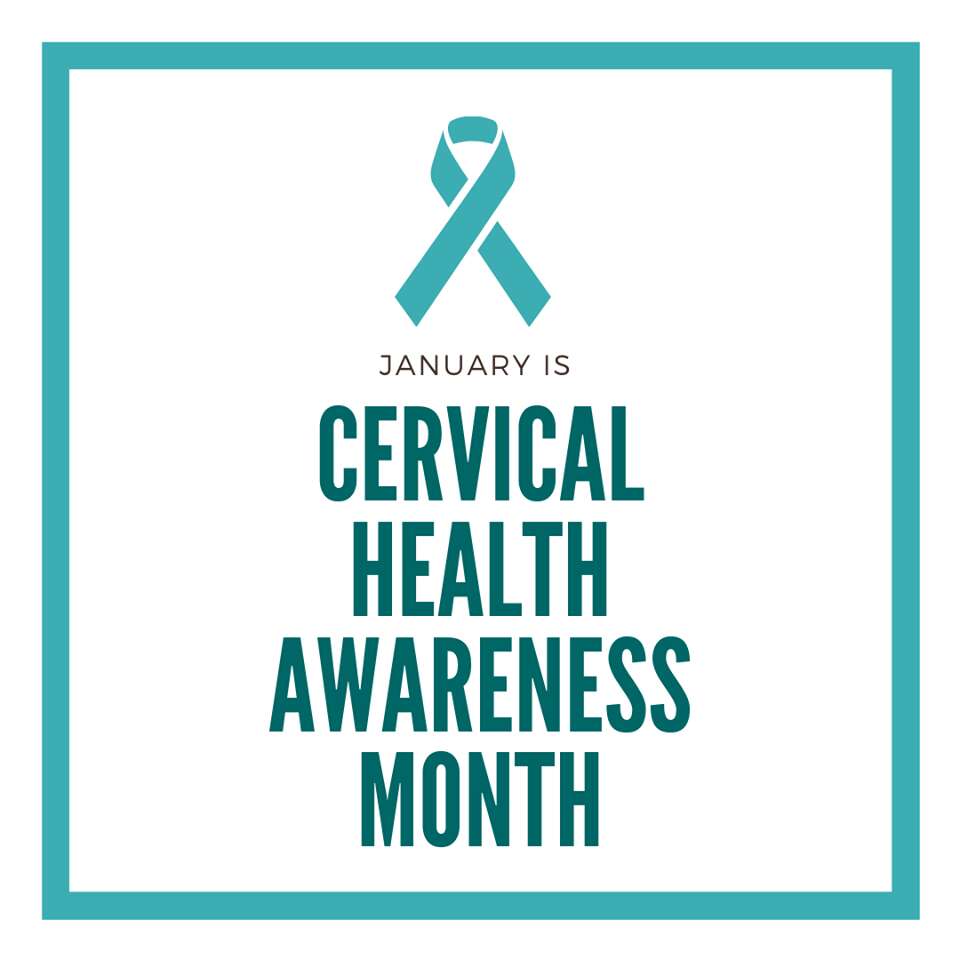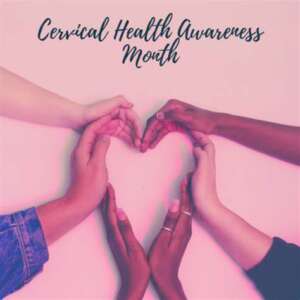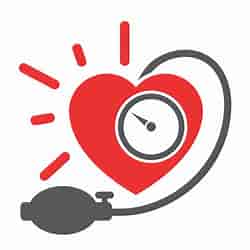Alcohol Awareness Month
Navigate Wellness:
Alcohol Awareness Month
Let’s illuminate the risks of excessive alcohol consumption and guide individuals toward healthy habits for a lifetime of wellness.
The Importance of Awareness:
Making informed decisions about drinking habits starts with becoming aware. People who suffer from alcohol use disorder (AUD) are often preoccupied with alcohol and can find it hard to control their consumption.
Statistics on Alcohol Addiction & Use in the US:
Alarming statistics reveal the prevalence of alcohol addiction. 51% of people aged 12 and older engage in binge drinking monthly, while over 14 million have Alcohol Use Disorder (AUD), with liver disease deaths attributed to alcohol use.
Navigating Healthy Habits:
We emphasize balanced wellness and educates on the short- and long-term health issues associated with AUD, and options for both prevention and treatment.
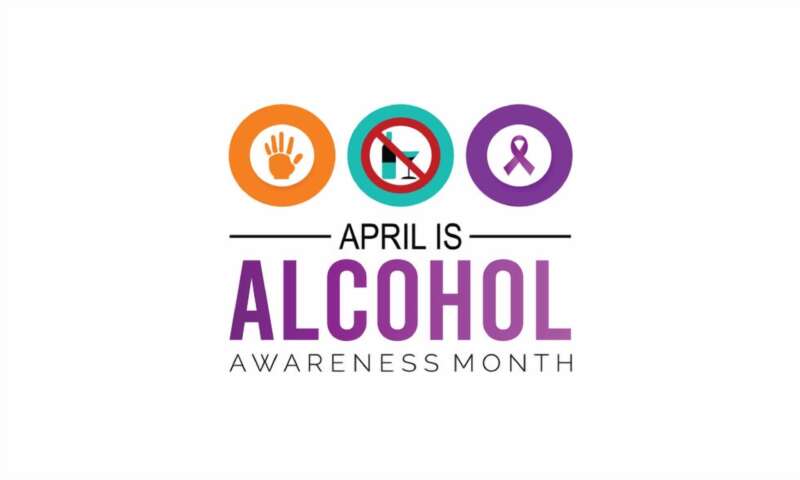
Our Commitment to Support:
We pledge support during Alcohol Awareness Month and beyond, encouraging dialogue, providing resources, and offering personalized guidance to prioritize well-being.


